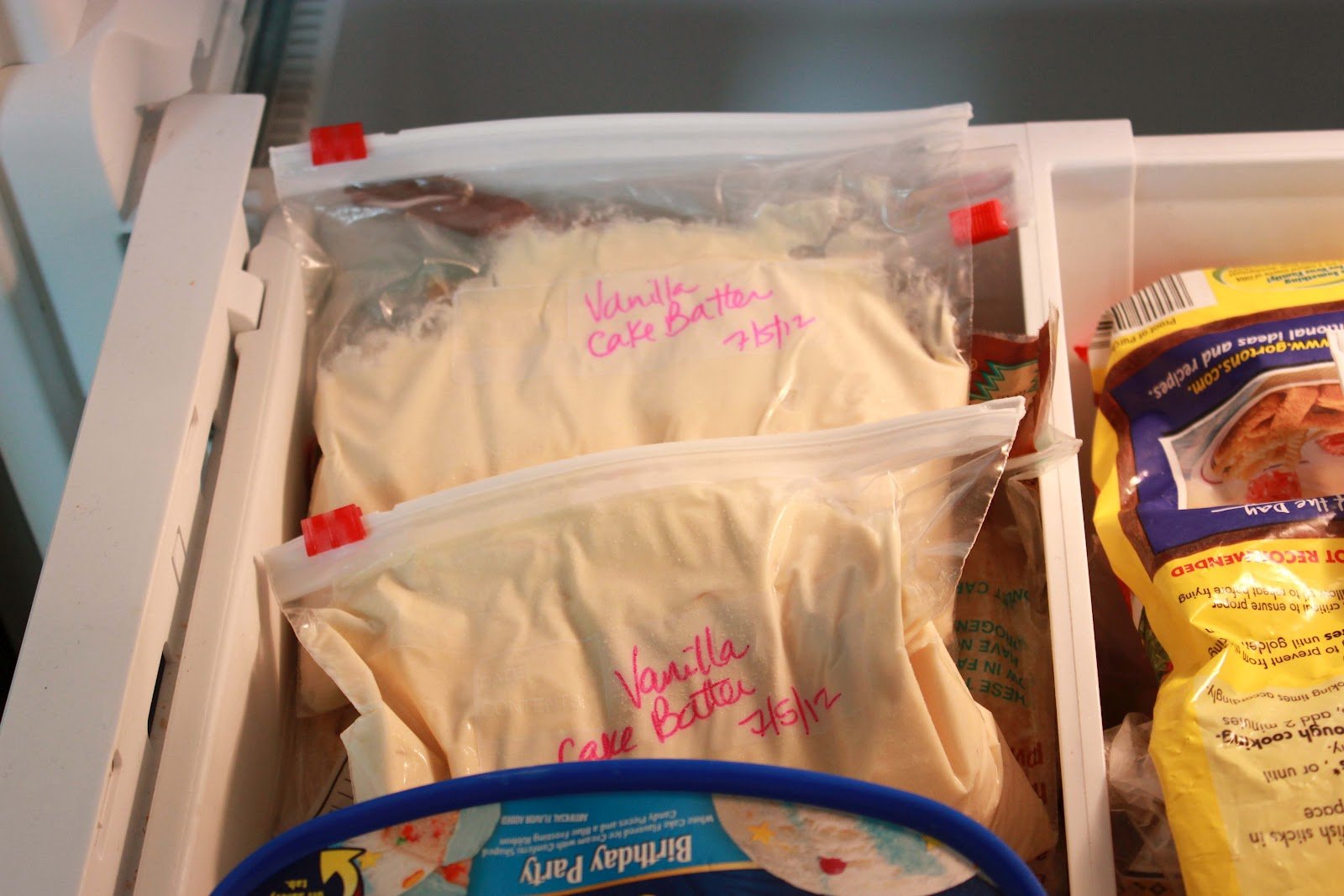Olives, originating from the Mediterranean, are a favorite of those who enjoy Mediterranean cooking and eating.
Olives are a must-have ingredient in every foodie’s kitchen. They have a delicious flavor, wonderful texture and health benefits. You can use olives to make almost any Mediterranean dish, salad, or pizza. It is easy to understand why you want to keep large quantities of olives.
Olives are known for their distinctive flavor. Olives are often bitter and pungent but can also be mildly sweet and pleasant. They are bitter straight from the tree but will taste better when processed.

Olive oil is made from olives. It’s used to flavor food and gives it some flavor. Olives are a rich source of oils, minerals, and vitamins A, E, K and B. They are delicious as well as healthy for you.
Can you freeze olives?
Olives make wonderful food; yes, you can freeze them. This is great for olives sitting around or olives that you don’t plan to use in a long time.
What happens to olives if you freeze them?
You can freeze olives for up to a month or more than that easily. These tiny fruits freeze well in a variety of ways. They retain their flavor, but sometimes the texture of olives can be affected by freezing.
Olives can lose some texture when frozen. They may soften when thawed. There is a way to freeze them while keeping their texture intact.
You must first brine the olives before freezing them. Brining is a way to preserve the texture.
Brining improves the texture of frozen olives so that they don’t become soft. Frozen olives taste best when cooked in a dish that doesn’t change their texture.
You can also cover olives in water before freezing. Olives lose some of their quality when frozen. While they will retain their flavor, the texture of olives can sometimes change.
How do you freeze olives?
Freezing olives is easy. These are the steps to help you freeze olives.
Step 1 – Wash: Olives are natural fruits, however, they can easily get contaminated by fertilizers and dust. Therefore, washing olives is essential to remove these unwanted residues. Place the olives in a colander under the kitchen sink. Turn on the tap to let the water flow freely through them. Allow the water to drain completely before rinsing the olives with a towel.
Step 2 – Store The Olives -Olives can expand upon freezing, so make sure you have a large container. An airtight container is best because it allows for the removal of excess air. It is best to allow olives to expand without packing them too tightly.
Step 3 – Freeze Them –Stick a date sticker to the container and place it in the freezer. Give the container a shake for half an hour. This prevents the olives from sticking together.
This freezing method is safe for all olives, including Nocellara olives, green olives and stuffed olives.
How do you freeze brined olives?
You can also put the olives in saltwater before freezing. When they thaw, this helps to preserve their texture.
- Make Brining liquid: Break some water with four ounces of salt. Or, you can use 120g SLT for every 4 liters.
- Brine Olives Place the olives in a saucepan. Then, pour the brine over them. Boil for approximately 10 to 15 minutes.
- Rinse: Rinse the olives with cold water. After that, drain and dry.
- Store: Place the olives into a freezer-safe container and let them freeze.
- Freeze: Put in the freezer. Make sure you label them correctly and indicate the date.
How do you store olives?
Olives can be kept in the fridge or the pantry.
If you plan to keep them in the pantry or refrigerator, ensure they are not open. You should keep the room temperature below 75 degrees Fahrenheit or 24 degrees Celsius.
Olive jars can be kept unopened for up to 2 years. These olives are a great pantry staple used in many healthy recipes. You can eat them as a snack as well.
After the olives have been opened, they should be kept in the refrigerator. The olives should be completely submerged in the liquid. Olives can be kept fresh for up to four months if refrigerated.

How to defrost olives?
The defrosting process is as simple as it gets! You can simply take your olives from the freezer after six months and then place them in the fridge for slow defrosting.
You should take them out at least one day before so they can properly defrost overnight. However, if this is not possible, ensure they have at least six hours in the fridge before you eat them.
Once defrosted, you can use them as usual. If you have leftovers, you should put them in the fridge. They will keep for up to three weeks in your fridge, however.
If you don’t mind using the olives in a heated sauce, you can add them to your sauce.
This method can cause them to lose some flavors, so be patient. We promise the taste will be worth it.
3 Tips to Freeze Olives
We’ve got three tips to help you freeze olives.
-
Brine to Improve Texture
Pre-brined olives can be a great way to improve the texture of your products. The texture of frozen olives can be softened by freezing, but brine helps reduce the effects of freezing.
-
Best Used in Cooking
By cooking with them, you can mask any textural changes caused by frozen products. Olives are the same. You won’t notice any texture changes if you use them on pizzas or in pasta sauces like Puttanesca.
-
Flash Freeze
Flash freezing is a great way to ensure that olives don’t stick together after being frozen. Although it is time-consuming, it is worth it.

Frequently Asked Questions
Is it possible to refreeze olives?
We do not recommend refreezing olives as they can change their texture and become mushy. Additionally, bacteria can form by freezing, defrosting and refreezing again. It is better to freeze olives in smaller portions than you think you will use in the three weeks they will keep in the fridge.
Can you freeze black and green olives?
Because there isn’t much difference in how they turn out after being frozen. Although you can freeze black and green olives after they have been sliced or chopped, it is better to freeze them once they have been brined. This will preserve their texture as well as flavor. Black and green olives can be frozen together, as they freeze the same. It is especially true if the flavors don’t blend.
Can You Freeze Stuffed Olives?
Yes, you can freeze stuffed olives as well. But it is important to consider the contents. You should not freeze olives that have cheese in them. It can cause texture changes. However, olives stuffed with garlic, pimento peppers or anchovies freeze well.
How long an olive can last in the fridge?
You should store olive cans in a dry, cool place for at least one year. After opening, the olives can be kept in a sealed container in the fridge for up to two weeks. The olives must be fully submerged in the liquid once the can has been opened. If you purchase olives in bulk, they can be kept in the refrigerator for several months.


We are baking experts and connoisseur of food with decades of cooking experience to cook and bake a variety of scrumptious food item to awaken the taste buds of people who eat our baked delights.
With our gumption, alacrity along with astute acumen to pick the authentic and best quality ingredients from across the world to make the scrumptious recipes which soothes the taste buds of eater has made him the name on which people can count on when it comes to cooking advice, world class meals and cuisines native to the different cities of world.
Our chefs unique ability improvise and make baked dishes with different raw produce and ingredients in less time which are delicious and relished by the guests has made kooky bakes leader in the arena of baking and serving mouth watering food.

